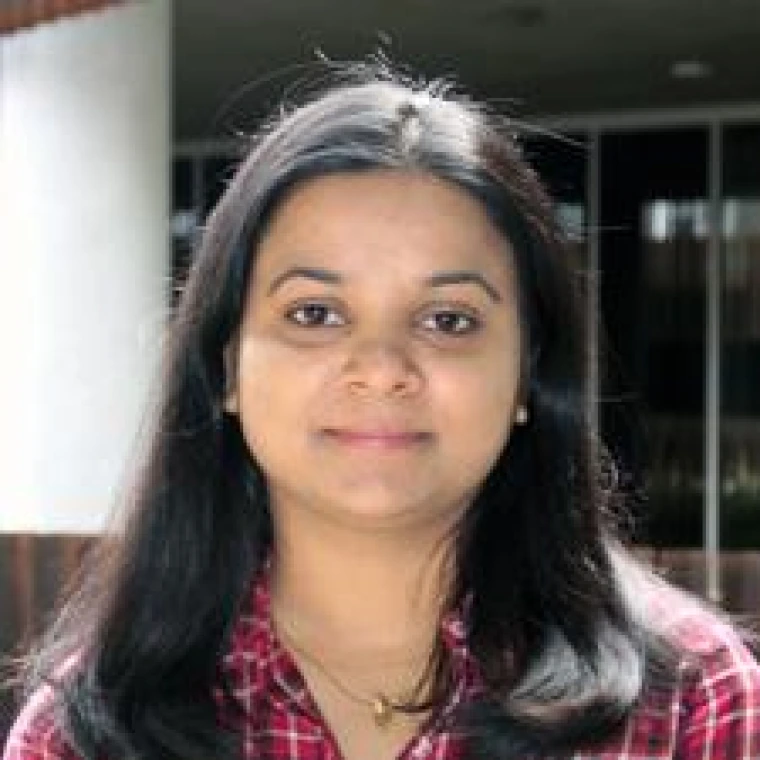Sneha Balakrishnan

Sneha Balakrishnan is a 2017 recipient of the Climate Assessment for the Southwest (CLIMAS) Climate & Society Graduate Fellows Program.
Women at the nexus of agricultural development and climate change adaptation – A study on Collective Farming in Kerala, India
Abstract: Kerala and its rain dependent agricultural systems are highly vulnerable to impacts from increasing temperature, variable precipitation and rising sea levels. At the same time, Kerala’s agriculture has undergone massive transformation in the last couple of decades owing to the adoption of liberalization policies in early 1990s. As agricultural development interventions mostly targeted men, women’s access to essential resources such as land, livestock, credit, machinery, technology and information was gradually reduced. In an effort to reposition women as key actors in agricultural production, Government of Kerala launched the Collective Farming Initiative in 2004. The initiative is centered on networks of landless and smallholder women cultivators forming neighborhood groups that take up farming on lands otherwise left fallow by landowners. However, some critical questions remain unanswered. How are marginal women cultivators affected by impacts of climate change and how are they addressing these additional challenges? Using the case of collective farming among marginal women cultivators in Kerala, the proposed study is aimed at a gendered analysis of vulnerability to understand how development initiatives such as collective farming influence women’s access and control of resources and influence their adaptive capacities to deal with current and future climate risks.

